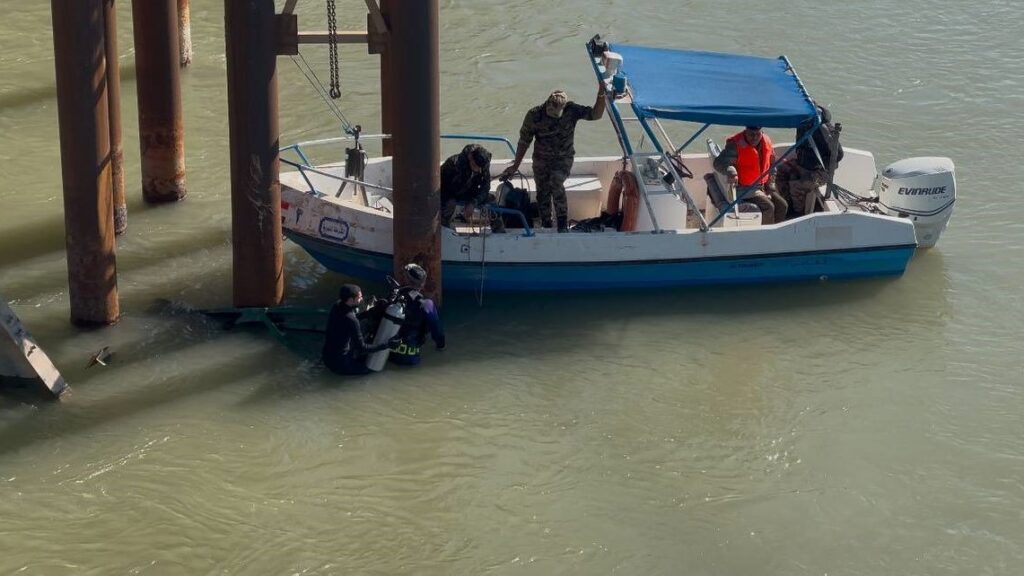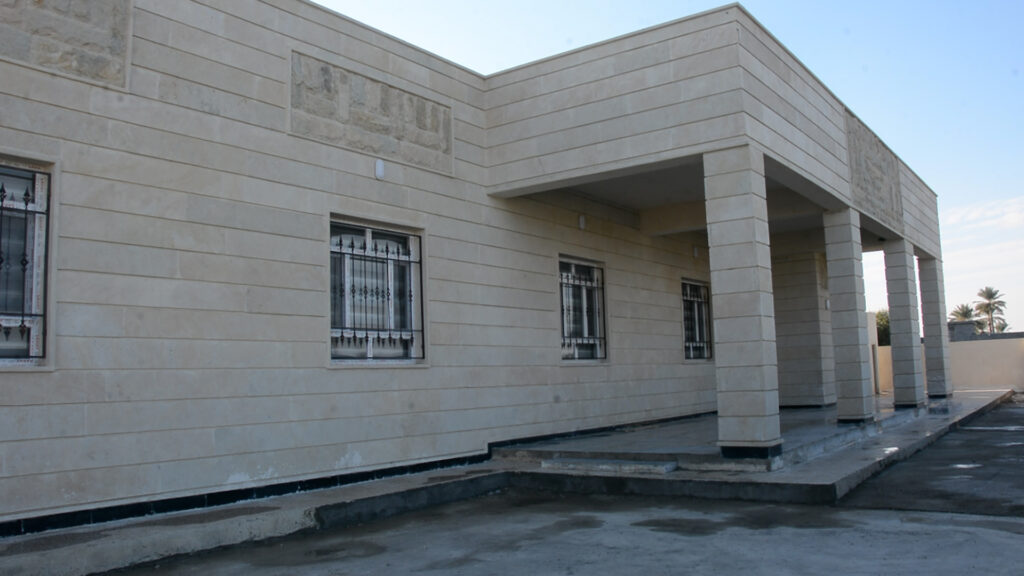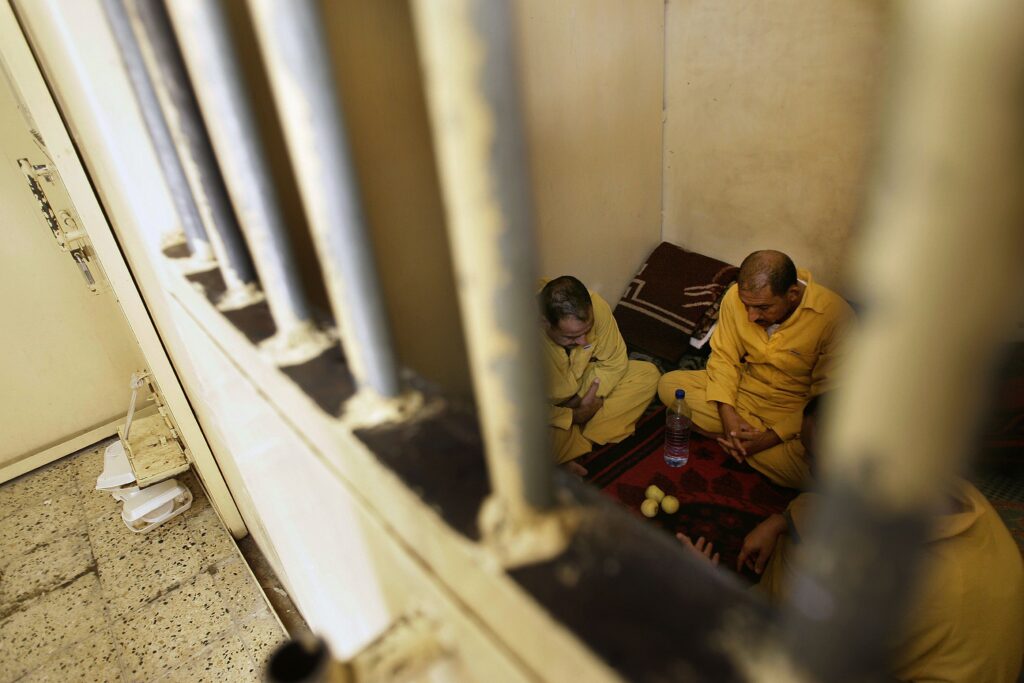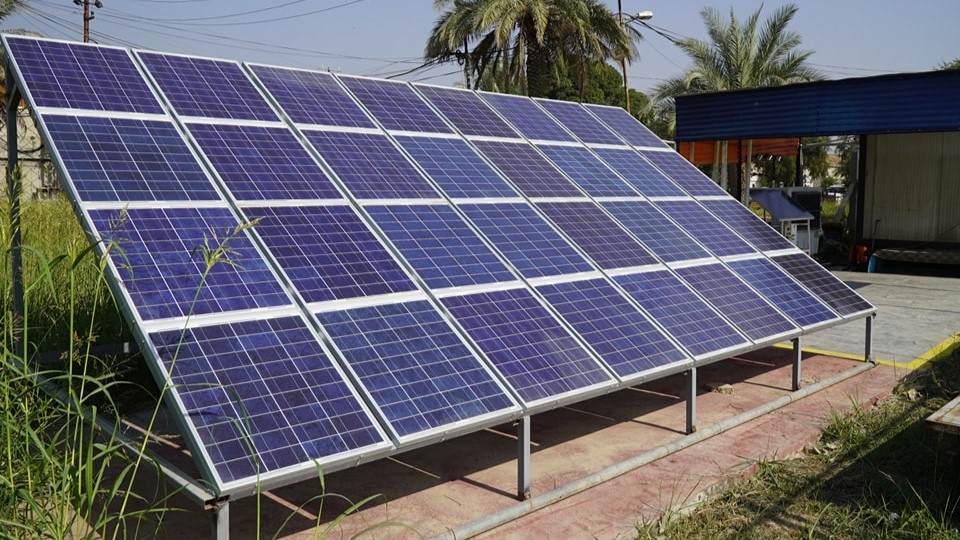World: CrisisWatch June 2019
Global Overview
In June, Iran-U.S. tensions continued to climb, raising the risk of a military conflagration. Yemen’s Huthi forces, seen as Iran-backed, increased the pace of strikes in Saudi Arabia, which in turn stepped up bombing in Yemen. Attacks on U.S. assets in Iraq multiplied, and protests erupted in the south. High-level assassinations rocked Ethiopia, and Sudan’s security forces reportedly killed over 120 protesters. Major ethnic violence hit north east DR Congo and Mali’s centre and could escalate in both places. In Cameroon, violence raged in Anglophone areas and Boko Haram upped attacks. Political tensions rose in Guinea, Malawi and Tunisia, and Algeria could enter a constitutional void in July, possibly inflaming protests and repression. In both Honduras and Haiti, anti-government protests turned deadly. In the Caucasus, killings in the Nagorno-Karabakh conflict zone pushed up tensions, and in Georgia anti-Russian sentiment fuelled major protests. Widespread repression marred Kazakhstan’s elections. In a positive step, North Korean leader Kim Jong-un and U.S. President Trump agreed to restart talks on denuclearisation.
Tensions between Iran and its allies on one hand and the U.S. and its allies on the other rose to alarming levels in June, raising the risk of more intense political and military confrontation in July. The U.S. blamed explosions on two tankers in the Gulf of Oman on Iran, which denied responsibility. Fanning the fire, Iran downed a U.S. drone on 20 June off the Iranian coast, which nearly led to U.S. strikes on Iranian soil. Huthi forces in Yemen, whom Riyadh considers Iranian proxies, stepped up the pace of cross-border attacks into Saudi Arabia. Riyadh in turn intensified bombing of Huthi areas in Yemen, especially in the capital Sanaa, risking a further aggravation in July. Meanwhile, in Iraq, unclaimed attacks on U.S. assets multiplied and protests erupted in the south, with demonstrators demanding more jobs and better services. To avoid a military conflagration, Iran and the U.S. can still and should walk back from the brink.
In the Horn of Africa, high-level murders in Ethiopia exposed a dangerous power struggle. Gunmen shot and killed five officials, including the leader of Amhara state, the second-largest federal region, and the military chief-of-staff, triggering a wave of arrests targeting ethnic Amhara nationalists. The ruling coalition and government should take urgent steps to restore calm, including a clear commitment by Prime Minister Abiy to try to rein in discord within the ruling alliance. Security forces in Sudan unleashed attacks on protesters early June reportedly killing over 120 and the military leadership continued to resist demands to hand over power to civilians. To prevent widespread conflict, world leaders, including Sudan’s Arab backers, must press the military to resume talks toward a civilian-led transitional administration.
In north east DR Congo, longstanding enmity between ethnic Hema and Lendu in Ituri province erupted in attacks that have left at least 170 dead and, with tensions still high, the toll could climb in coming weeks. In Cameroon, Boko Haram upped attacks on security forces and civilians in the Far North and violence intensified in the west as government forces continued efforts to crush the Anglophone separatist insurgency. In Mali’s troubled centre, ethnic Fulanis carried out large-scale attacks – suggesting a new level of organisation and ambition – leaving at least 73 dead and raising the risk of reprisals in July.
Ahead of Guinea’s 2020 presidential polls, tensions continued to rise between those supporting and those opposing a third term for President Condé and security forces violently suppressed an opposition march. In Malawi, thousands demonstrated to denounce alleged vote-rigging in May’s election, which President Mutharika narrowly won. With neither side backing down, the confrontation could escalate in July.
Meanwhile, in North Africa, tensions mounted in Tunisia between the ruling coalition and opposition when parliamentarians voted to change the eligibility criteria for presidential candidates. If signed into law, the amendments would bar three opposition front-runners from taking part in polls due later this year. President Essebsi’s “severe health crisis” also sparked speculations about a possible power vacuum. Algeria could enter a constitutional void in early July when interim President Bensalah’s mandate ends, possibly leading to more intense protests and repression. In Latin America, tensions increased in Honduras, where protesters initially demonstrating against planned health and education reforms clashed with police, leading to several deaths and the army deploying across the country to maintain order. Deadly protests also rocked Haiti, with demonstrators demanding President Moïse resign over corruption allegations.
Tensions rose in Georgia and between Georgia and Russia when a Russian legislator visiting parliament committed what was seen as an insult to Georgia on live TV, sparking mass protests. The killing of four soldiers in the Nagorno-Karabakh conflict zone strained relations between Azerbaijan and Armenia. In Kazakhstan, widespread repression of protesters and arrests of journalists marred presidential elections.
Finally, on a positive note, U.S. President Trump and North Korea’s leader Kim Jong-un held a meeting in the demilitarised zone between North and South Korea. Although both agreed to restart denuclearisation talks, all parties will now need to work toward realistic goals based on mutual concessions to build confidence and generate momentum.





